All of that was discussed in the dialogue program "Cultural soft power" organized by the Vietnam Institute of Culture, Arts, Sports and Tourism (VICAST) in collaboration with the French Institute.
Vietnam has rich and unique cultural potential.
According to Associate Professor Dr. Nguyen Thi Thu Phuong, Director of VICAST, cultural “soft power” is now a core factor in shaping national image and socio -economic development. Major countries such as the US, UK, France and even Asian countries such as Japan and South Korea have successfully used “soft power” to increase their influence in the international arena.
Nowadays, the importance of “soft power” from culture (also known as soft power) is being maximized by many countries in the world through culture, ideology, media and digital technology , in contrast to “hard power” based on force and coercion. Cultural power has helped many countries achieve improved visibility in global debates, attract more tourists and ultimately have more new investment projects for culture and ideology.
In fact, in the current context of globalization, unique and distinct indigenous cultural beauty is becoming a “magnet” spreading the influence of countries around the world. Culture is bringing in great revenue and position for many developed countries such as France, the US, Japan, Korea, etc.
Vietnam has strengths to develop culture. Specifically, currently, our country still has a golden population structure, a strong middle class accompanied by a great demand for cultural consumption. In addition, Vietnam has many cultural stories to exploit. Such as the diversity of identity with 54 ethnic groups. Large cities with historical sediments dating back thousands of years. In particular, Vietnam has a strength with a rich system of temples, pagodas, and shrines associated with the customs, living habits, religions, and beliefs of the people. However, according to actual figures, it shows that the cultural industry in Vietnam is still developing relatively slowly. In 2019 and 2022, the creative industry in our country only contributed 3.61% and 4.04% of GDP, respectively.
Need mechanisms and policies to maximize cultural potential
During the dialogue, Dr. Frédéric Martel, a French writer and university lecturer, commented that Vietnam has very impressive and unique cultural potential. The potential “soft power” is demonstrated through its rich cuisine, famous landscapes, and historical sites. He shared how exploiting cultural potential in some countries such as France and the US is always accompanied by public policies to support cultural industries and artists to maximize their creativity.
In fact, the development of cultural industries is becoming an economic spearhead in Vietnam. At the recent 8th Session, the National Assembly approved the National Target Program on Cultural Development for the period 2025 - 2035, with the goal that cultural industries will contribute 7% of GDP by 2030 and 8% by 2035. To realize this ambition, Vietnam needs to identify cultural industries with competitive advantages and the potential to create the greatest economic value, especially if properly invested in infrastructure, human resources, technology and markets.
Currently, Vietnam has only exploited a few cultural industries out of a total of 12 industries. Some industries such as cinema, architecture, handicrafts, etc. Vietnam is still quite obscure in the world market. To effectively develop these potentials, Vietnam needs to have a clear strategy, mechanism, and policies to support and develop culture.
Sharing with reporters of the Vietnam Law Newspaper, Associate Professor, Dr. Nguyen Thi Thu Phuong said that to develop cultural “soft power”, there needs to be a synchronous coordination of three factors: cultural diplomacy, cultural communication and cultural industries. Vietnam needs to build a strategy to increase “soft power”. When building a strategy, there will be a very clear division of tasks regarding appropriate mechanisms. In particular, the development of cultural “soft power” needs to be selected by the Party and State as the top priority at present.
Source: https://baophapluat.vn/de-viet-nam-khai-thac-hieu-qua-suc-manh-mem-van-hoa-post544892.html


![[Photo] General Secretary To Lam visits exhibition of achievements in private economic development](https://vphoto.vietnam.vn/thumb/1200x675/vietnam/resource/IMAGE/2025/5/18/1809dc545f214a86911fe2d2d0fde2e8)


![[Photo] National conference to disseminate and implement Resolution No. 66-NQ/TW and Resolution No. 68-NQ/TW of the Politburo](https://vphoto.vietnam.vn/thumb/1200x675/vietnam/resource/IMAGE/2025/5/18/adf666b9303a4213998b395b05234b6a)




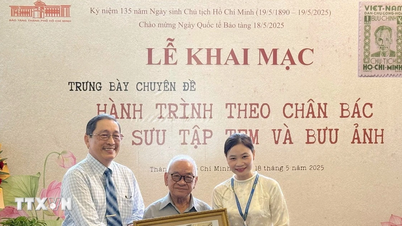

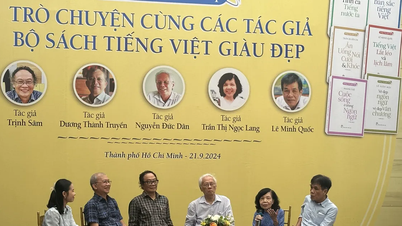

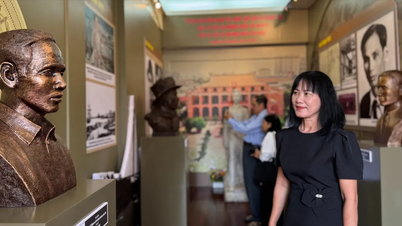
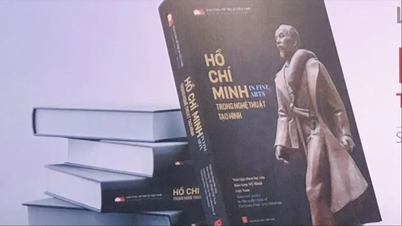
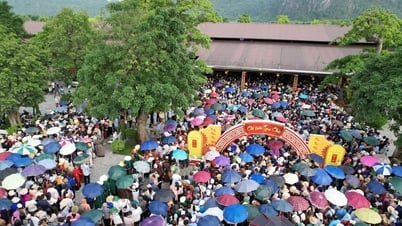







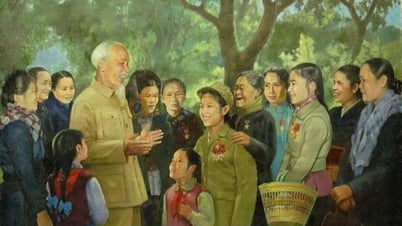
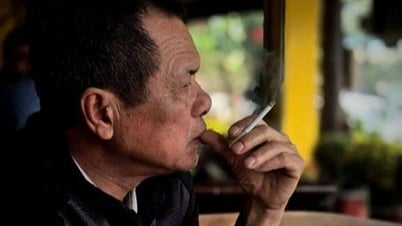

![[Photo] More than 17,000 candidates participate in the 2025 SPT Competency Assessment Test of Hanoi National University of Education](https://vphoto.vietnam.vn/thumb/1200x675/vietnam/resource/IMAGE/2025/5/17/e538d9a1636c407cbb211b314e6303fd)













































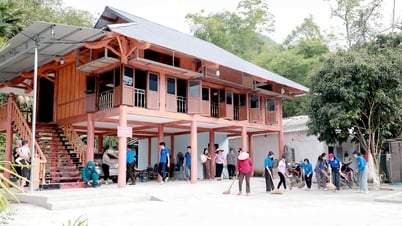



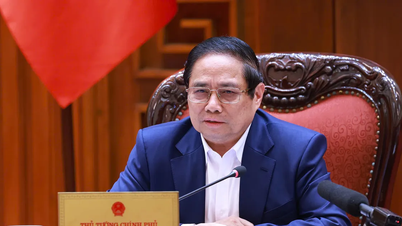


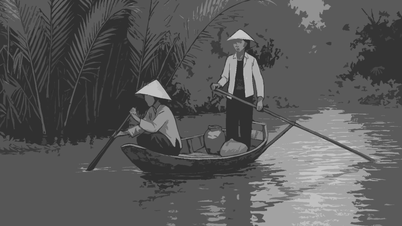










Comment (0)